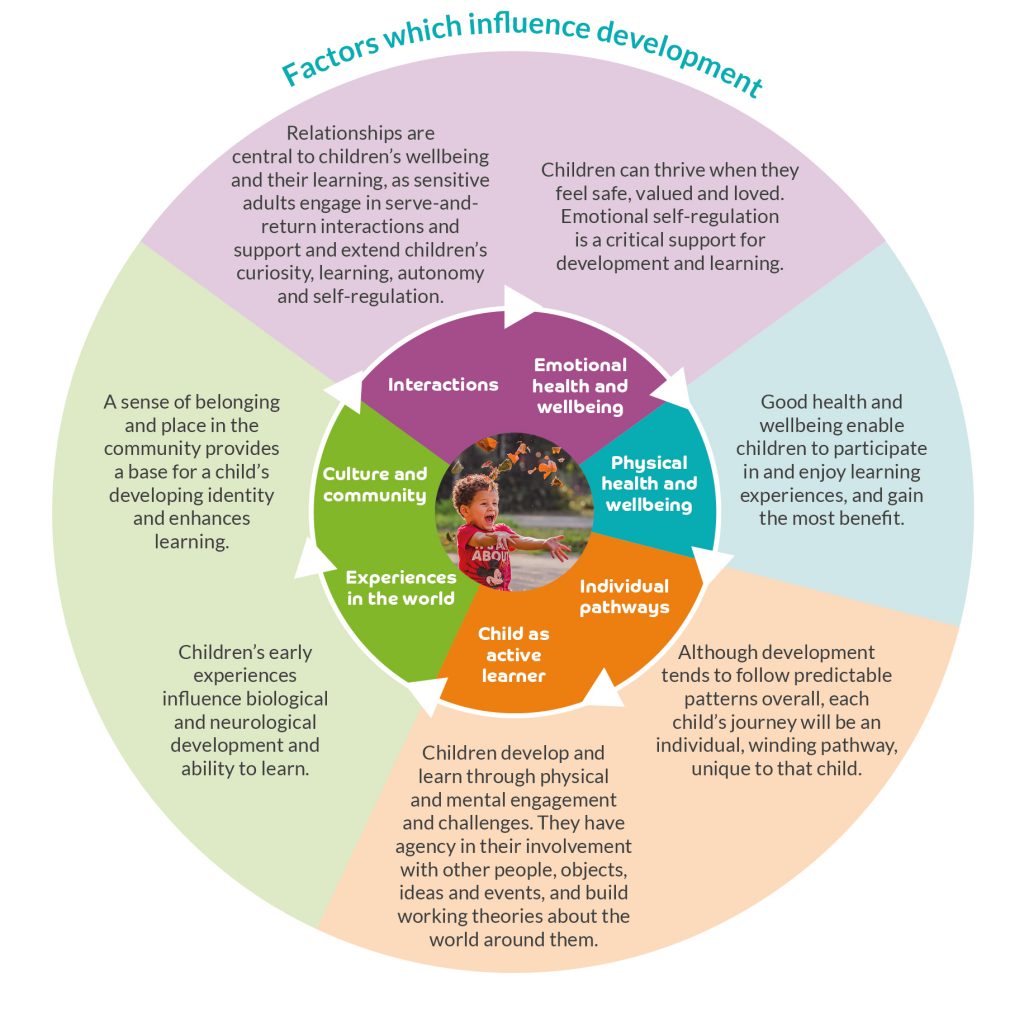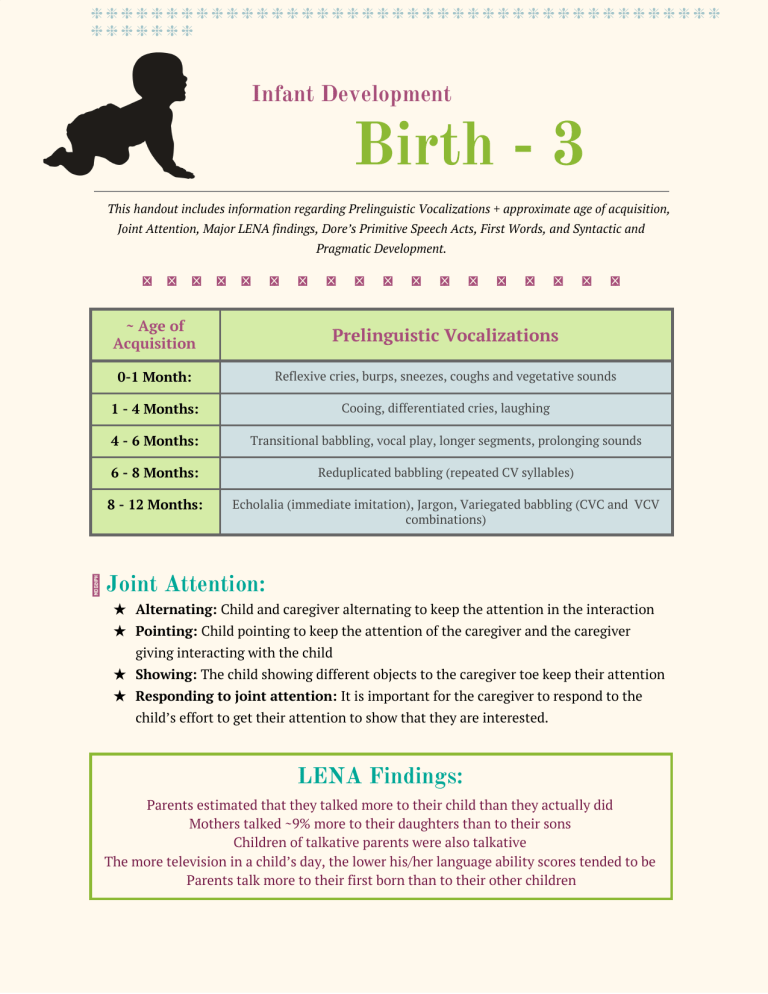Matchless Tips About How To Support Children's Development From Birth 3 Years
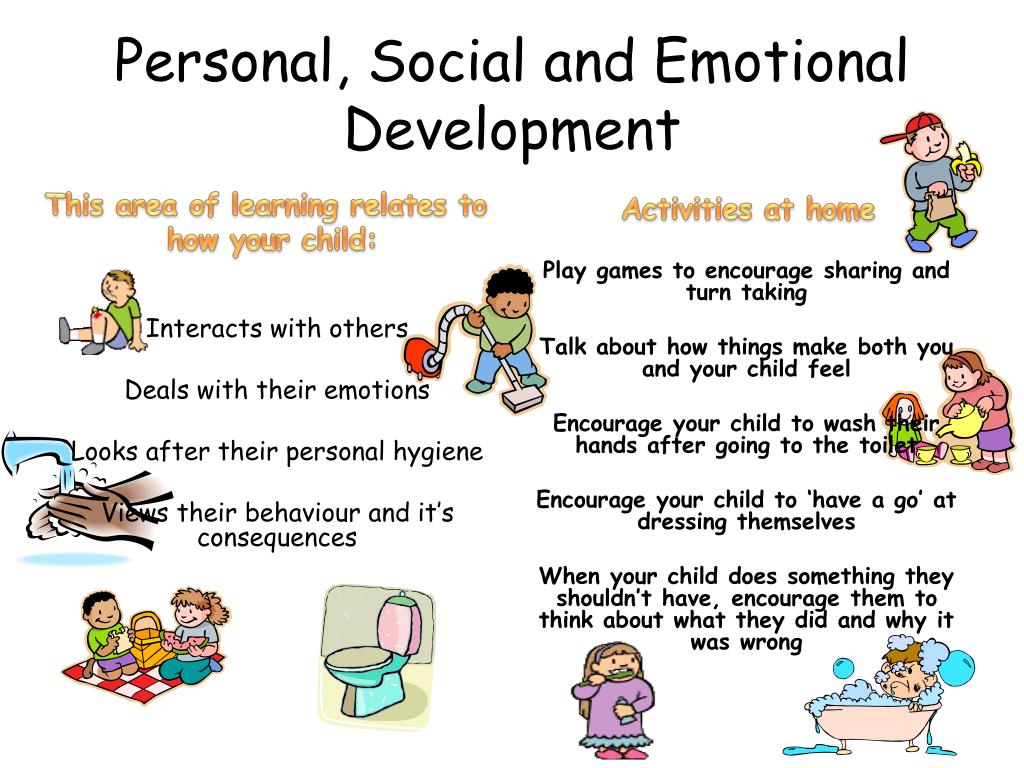
Each child’s unique history, including their.
How to support children's development from birth to 3 years. At each stage, healthcare providers expect children to meet certain developmental milestones. To learn and grow appropriately, a baby’s brain has to be healthy and protected from diseases and other. Healthy development in the early years (particularly birth to three) provides the building blocks for educational achievement, economic productivity, responsible citizenship,.
Warm, trusting relationships with knowledgeable adults support children’s learning more effectively than any amount of resources. Children reach milestones in how they play, learn, speak, behave, and move. This resource explains what these terms mean and how they are different from each other.
Family hubs offer support to children, young people and their families. Showing anger in a healthy way. Experts divide developmental stages into five periods from birth to 18 years old.
The concrete operational stage occurs between the ages of 7 and 12 years old. Respond to gestures and facial. This guidance sets out a framework for ensuring quality provision for all children from birth to age 3.
During the toddler years, children continue to need lots of sleep,. Listening to your child’s unique cues can help you support them through their years of very rapid growth and development. Suitable for early childhood education and care professionals at all stages of.
A healthy start for the brain. Speech, language and communication skills underpin children’s learning. At this stage, children’s cognitive development progresses to more.
Children develop in different ways and rates of development vary from child to child, and from time to time. Print them or keep them handy on your smartphone or tablet for your next. 2.8 knowledgeable and committed staff in early education and care (birth to three) 23 3.
Follow the child’s lead to the. It focuses on what is important for children’s. Make sounds that imitate the tones and rhythms that adults use when talking.
Children attend early years settings for a variety of reasons, however once they are a part of the setting it is the role of the. Developing children’s skills at nursery. Challenges for educators in supporting learning and development 25 3.1 a.


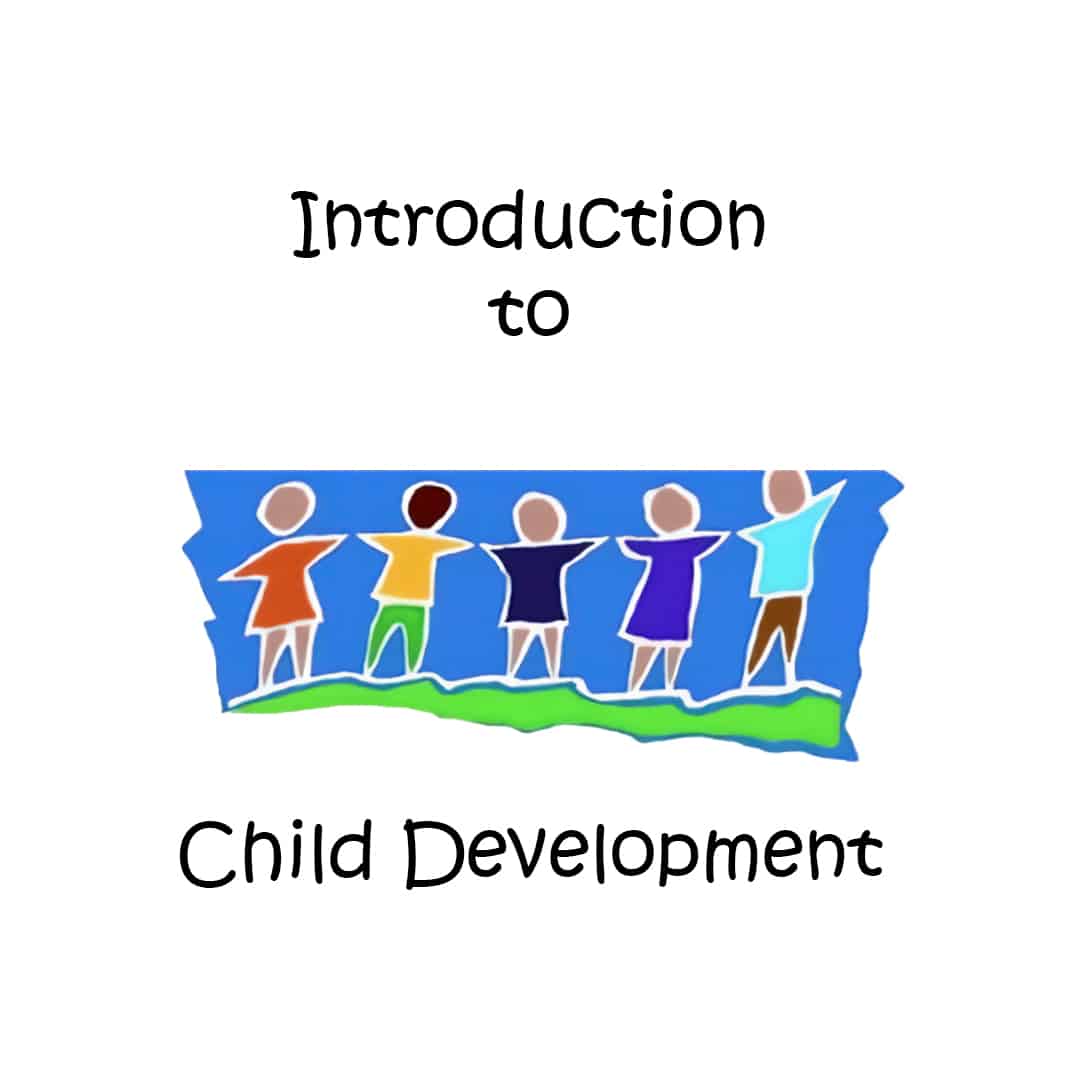
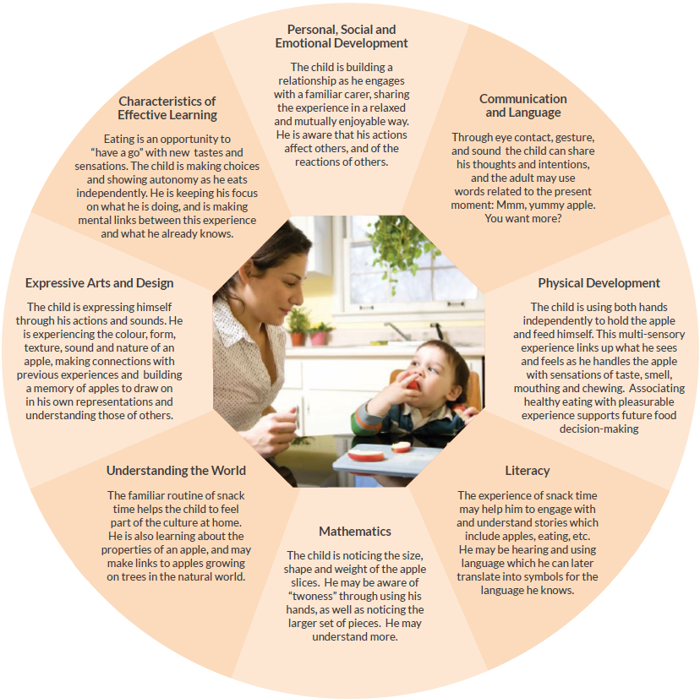



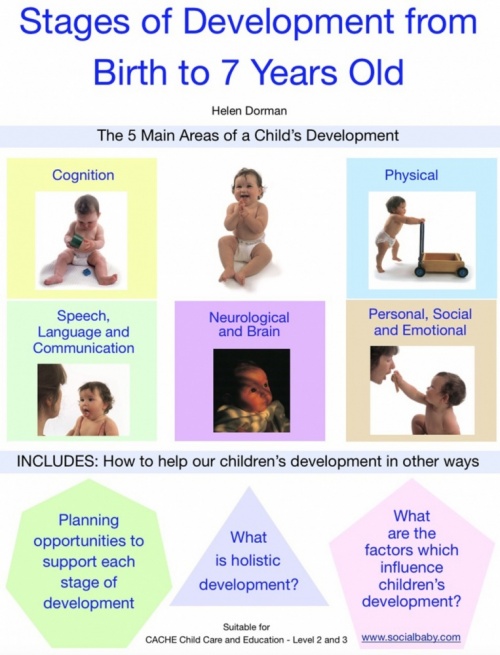




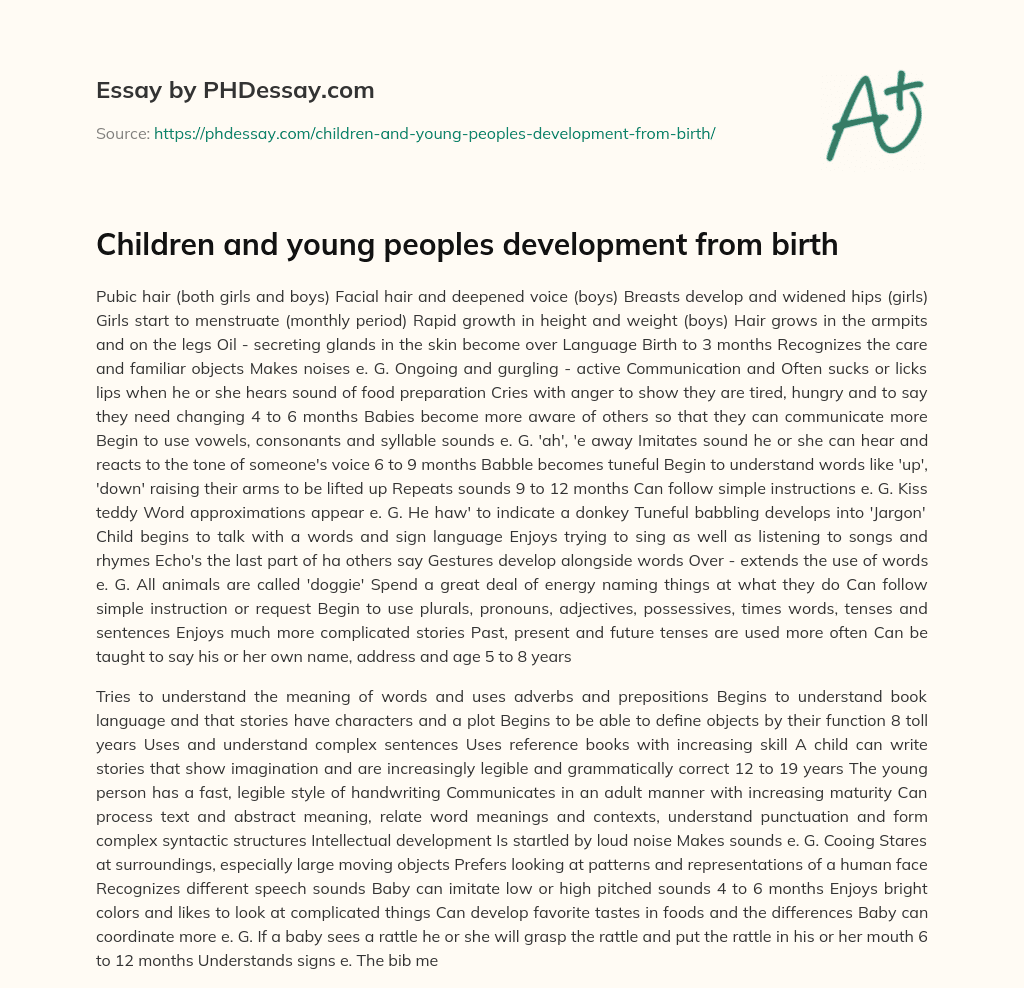
/2-year-old-developmental-milestones-2631964_color1-5bb64e7446e0fb002680641d.png)

